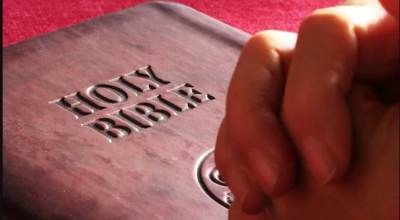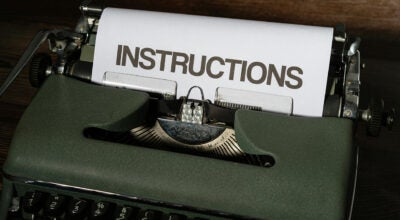If you wouldn’t say it to someone’s face …
Published 8:11 pm Friday, March 16, 2018
There are good people in this world. There are bad people in this world.
And there are folks who are otherwise decent people, but for some reason forget the Golden Rule as soon as they sign into Facebook.
We see it all the time here at the newspaper, and usually that hatred is directed at us. It comes with the territory and we have grown accustomed to being vilified for simply doing our jobs.
But occasionally, the wrath of Facebook is poured out on someone who just happens to be featured in our newspaper. Just recently, the newspaper featured a story on a wonderful family with a sick child.
Now, most people had the reaction you would expect when reading the story — love, sympathy, prayer. A few, however, chose to criticize this family. They chose to tear this family down.
And for what? The best I can tell, it was simply to be hateful. Or to try to prove someone else wrong. Or just to complain. Or just to defend themselves.
Facebook can be an ugly place, despite all the ways Mark Zuckerburg thinks it will save humanity. It can sow division. It can spread hatred. It can take the worst of humanity and amplify it.
It used to be that anonymous comments published under online news stories was the place where most of this garbage could be found. Or maybe it lurked on Reddit. And it made some sense that people would be hateful when they could comment anonymously.
Facebook isn’t anonymous. Your name and face are right there for all to see. And despite this, people are still downright ugly to each other there. They are hateful to people they have never met and will never meet.
Why is this? Why will folks launch into a 200-word, profanity filled Facebook tirade when they would never say those things to someone’s face?
Science has a few ideas.
According to psychology, humans are accustomed to communication in person, using facial expressions, gestures and tone of language to decipher what people are actually saying when they speak. On Facebook, there are none of those non-verbal cues and so people perceive sometimes harmless language as threatening. So they in turn act in a threatening manner.
That might explain why someone responds aggressively on Facebook, but it doesn’t explain why they would criticize someone to start with.
There’s the obvious reason that people feel safer being harsh and critical on Facebook, because there is no physical threat to their safety. It takes a lot more guts to walk up to a person and call them an idiot than it does to type it on Facebook. You risk a punch in the face in real life.
On Facebook, you are cheered on for being a jerk. It makes cowards feel powerful, especially when others join in and applaud their filth.
Sadly, society changed when so many social connections moved to Facebook. And it didn’t change for the better.
People will, unfortunately, continue to tear each other down on Facebook. Communities will further divide on Facebook. And the world will be an uglier place. It’s not Facebook’s fault, it’s ours.
We are the only ones who can control our words. There was a time when the old advice of “If you wouldn’t write it and sign it, don’t say it” was appropriate. We need to flip that when it comes to Facebook: If you wouldn’t say it to someone’s face, don’t write it and sign it.
Publisher Luke Horton can be reached at luke.horton@dailyleader.com.





